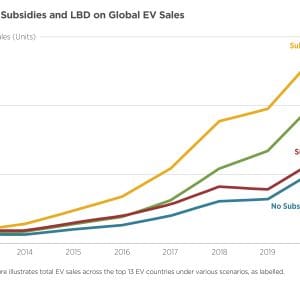- About
- Network
- Research Initiatives
- Big Data Initiative
- Chicago Experiments Initiative
- Health Economics Initiative
- Industrial Organization Initiative
- International Economics and Economic Geography Initiative
- Macroeconomic Research Initiative
- Political Economics Initiative
- Price Theory Initiative
- Public Economics Initiative
- Ronzetti Initiative for the Study of Labor Markets
- Socioeconomic Inequalities Initiative
- Research Initiatives
- Scholars
- Research
- The Value of Medical Innovation in the Fight Against COVID-19 in the United StatesTomas Philipson, A. Mark Fendrick, Yier Ling, Eric Sun, and James WilliamsThe Economics of Healthcare FraudJetson Leder-Luis and Anup MalaniCredit Card EntrepeneursUfuk Akcigit, Raman S. Chhina, Seyit Cilasun, Javier Miranda, and Nicolas Serrano-Velarde
- Insights
Research Briefs
Videos
BFI Youtube Channel
- Events
Upcoming Events
- News











